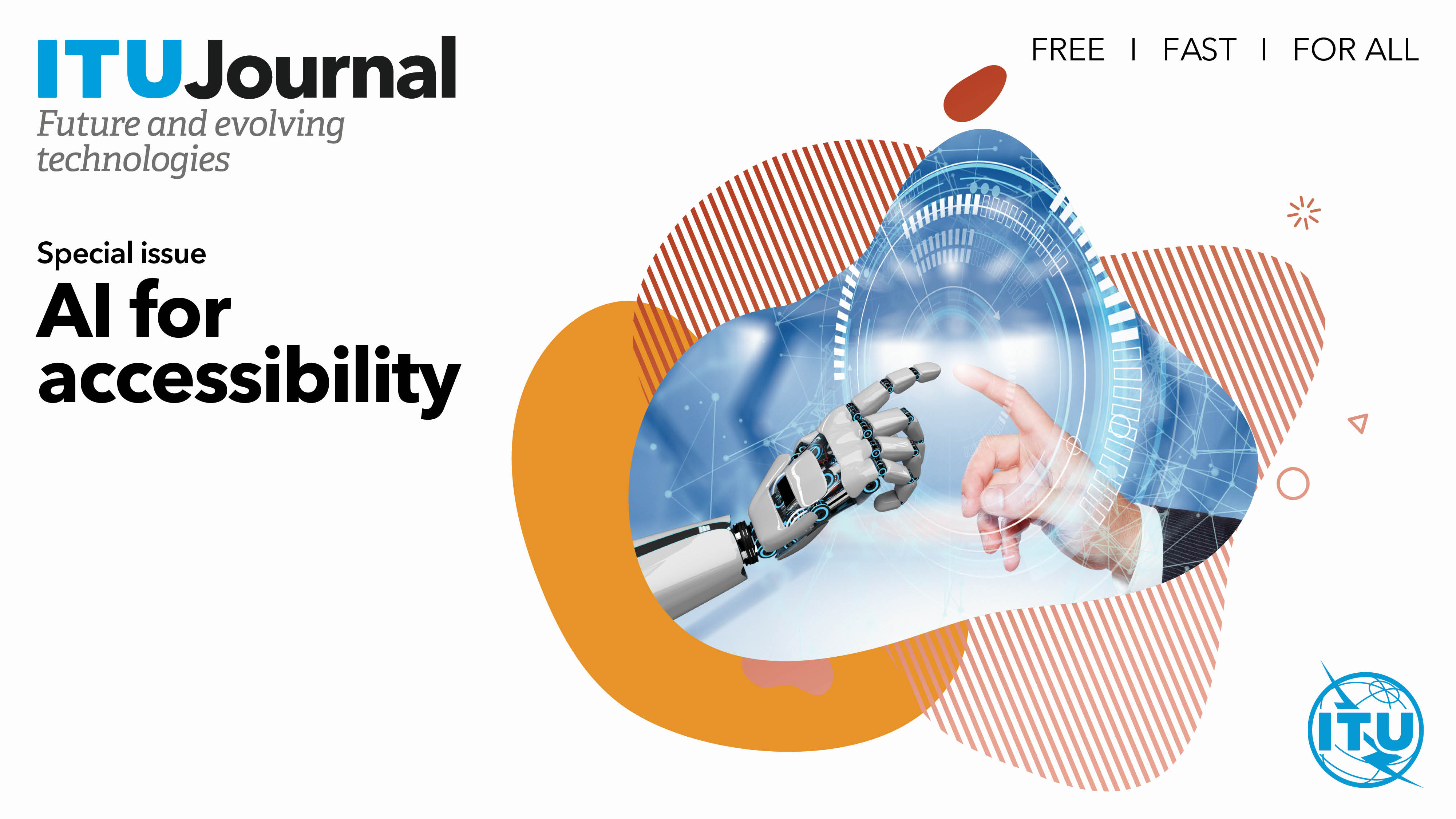
Theme
The World Health Organization (WHO) states that the number of people aged 60 and over will be 1.2 billion by 2025 and 2 billion by 2050. Many of these elderly people have disabilities which make it difficult for them to use existing interaction devices. The definition of the term ‘disability’ differs across countries and cultures, but the World Bank estimates a rate of 10-12% of population worldwide having a condition that inhibits their use of standard interactive systems. Many persons often get isolated from the society due to their disabilities and related social issues. Modern research in interactive systems can offer valuable assistance to this population by helping them to engage more fully with the world. Additionally, systems and services developed for elderly or disabled people often finds useful applications for their able-bodied counterparts. In recent time, both artificial intelligent and interactive systems made tremendous progress. For example, we can use Augmented Reality (AR) and Virtual Reality (VR) technologies in smartphones and download software code to train complex convolutional neural networks for face or any specific object detection. This proposal takes a novel approach to bring these latest developments in computing technologies for a specific type of users, who often miss out advantages in information technology due to their limited range of abilities and excluded from rest part of society. Many commercial consumer electronics developers consider them as a non-profit making small segment of population and do not consider their specific needs in terms of designing both software and hardware interactive systems. This special issue seeks contribution on use of AI technology on developing or evaluating systems and services for people with different range of abilities.
Keywords
Artificial Intelligence (AI), accessible computing, Natural Language Processing (NLP), Cyber Physical Systems (CPS), automatic translation, sign language interpretation system
Tracks
-
Intelligent Cyber Physical Systems (CPS) as assistive technology
- Natural Language Processing (NLP) systems related to accessibility
- Sign language processing systems
- AR/VR systems
- Computer Vision (CV)
Prospective authors are cordially invited to submit their original manuscript on
the suggested topics listed in the
FULL call for papers.
Leading Guest Editor
Guest Editors